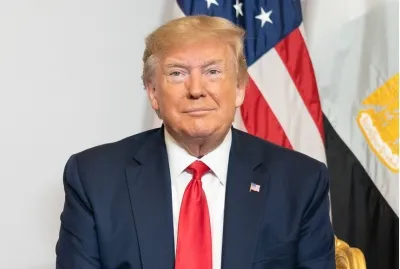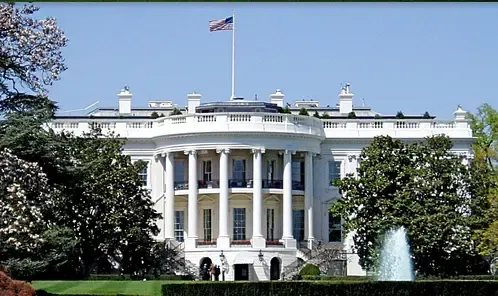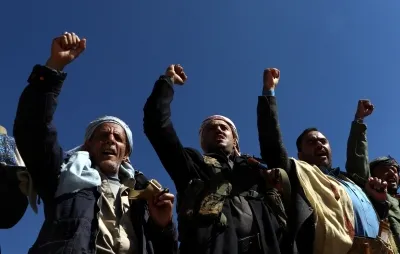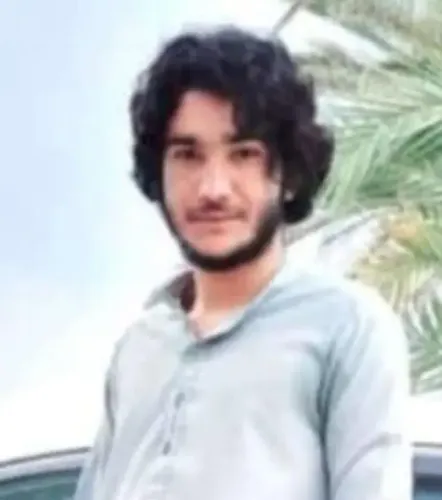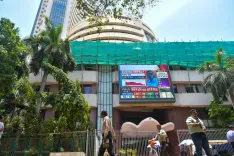Will Muhammad Yunus and Shehbaz Sharif Discuss Key Issues on UNGA's Sidelines?
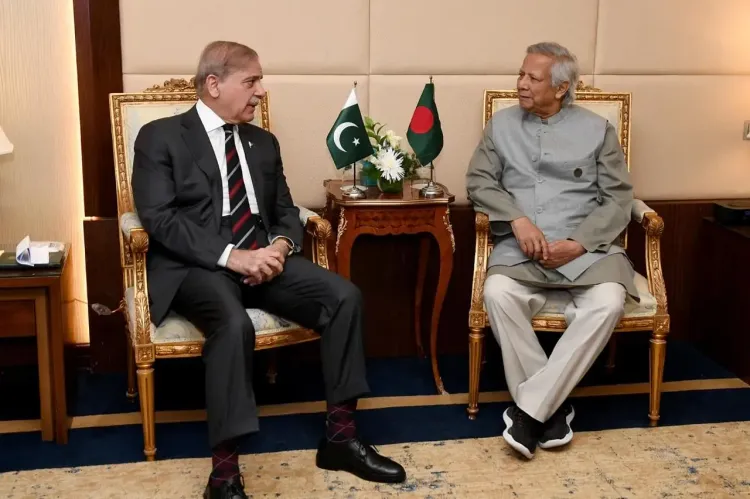
Synopsis
Key Takeaways
- Muhammad Yunus and Shehbaz Sharif to meet on UNGA sidelines.
- Potential thaw in Bangladesh-Pakistan relations.
- Discussions may address historical grievances from the 1971 Liberation War.
- Yunus will also meet with other global leaders.
- Accompanied by senior leaders from major political parties in Bangladesh.
Dhaka, Sep 18 (NationPress) The Chief Advisor of Bangladesh's interim government, Muhammad Yunus, is scheduled to engage in discussions with Pakistani Prime Minister Shehbaz Sharif during his trip to New York on September 22, as reported by local media outlets.
Both leaders will be present in New York to participate in the United Nations General Assembly (UNGA) session.
This meeting signals an increasing rapprochement between Dhaka and Islamabad following the removal of the democratically elected Awami League government headed by former Prime Minister Sheikh Hasina.
During a press briefing at the Foreign Service Academy in Dhaka, Bangladesh's Foreign Affairs Advisor Touhid Hossain revealed that Yunus is set to speak at the session on September 26.
Additionally, Yunus is expected to hold discussions with the Prime Minister of Pakistan, the President of Finland, the Prime Minister of the Netherlands, the UN Secretary-General, and the Secretary-General's Special Envoy for Myanmar during the UNGA proceedings, as per local media reports.
Accompanying the Chief Advisor will be four senior leaders from three prominent political factions—the Bangladesh Nationalist Party (BNP), the radical Islamist party Jamaat-e-Islami, and the National Citizens Party (NCP), according to the leading Bengali daily, Jugantor.
Historically, relations between Dhaka and Islamabad have been tense during the 15-year tenure of the former Awami League administration, primarily due to issues like war crimes trials in Bangladesh and broader regional dynamics.
Persistent topics in Bangladesh-Pakistan relations have included Pakistan's involvement in the 1971 genocide during the Liberation War, the repatriation of stranded assets, and compensation demands.
However, the political landscape has shifted remarkably since Yunus assumed leadership of the interim government in August 2024.
In an unprecedented move, last month, Pakistan's Deputy Prime Minister and Foreign Minister Ishaq Dar visited Dhaka for two days, marking the first official visit from a Pakistani representative in 13 years.
During this visit, Dar asserted that the lingering 1971 genocide issue had been resolved on two occasions, a statement that was promptly contested by Dhaka.
After discussions with Foreign Affairs Advisor Hossain, Dar claimed that three outstanding issues between Islamabad and Dhaka, including the long-standing demand for an apology regarding the 1971 genocide, had been settled twice, as reported by the prominent Bangladeshi news outlet, Prothom Alo.
Nonetheless, Hossain refuted the Pakistani Foreign Minister's assertions, stating, "I certainly disagree. If we had reached an agreement, the issue would have been resolved already."
Last year, Yunus and Sharif convened on the sidelines of the UNGA, where both leaders committed to enhancing bilateral relations.
After decades of estrangement since the harrowing 1971 Liberation War—wherein Pakistani forces committed heinous acts against millions of individuals and reportedly assaulted countless Bangladeshi women—the two nations are finally showing signs of reconciliation.

